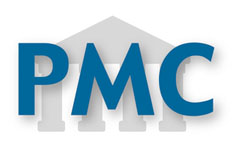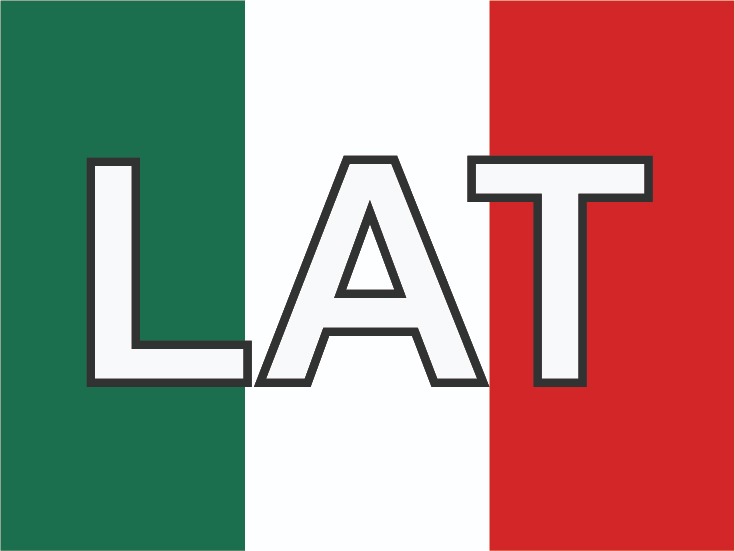New role of free radicals in exercise: another paradox?.
Abstract
Introduction: Physical activity conduces to oxidative stress, which produces undesirable effects. However, it is well known that free radicals, when present in low concentrations, also have physiological effects in the exercise adaptation process. In addition, the majority of antioxidant supplementation studies, in spite of the fact of decreases oxidative stress, have failed to show a performance improving.Objectives: The goals of this review are to reinterpret the available evidence about the role of free radicals in exercise, and to analyze why antioxidant supplementation have not shown the expectable ergogenic effect.
Methods: The following topics were reviewed: i) the free radical biology; ii) antioxidant systems; iii) exercise induced-oxidative stress; iv) oxidative stress and physical performance; and v) antioxidant supplementation and physical performance.
Results: There is evidence that physical exercise is associated with excessive free radical production. Deleterious effects of free radicals in physical performance have been shown by in situ studies, although evidence in humans is also available. Physical exercise results in muscular hypoxia, which conduces to adaptative responses, probably through free radical-mediated HIF-1α stabilization. Moreover, a certain level of free radicals is necessary for optimal muscle contractility.
Conclusions: Free radicals are necessary for exercise-induced hypoxia adaptation and muscle contraction, for that reason long term antioxidant supplementation interfere with its physiological role. This, explain why antioxidants decrease oxidative stress markers but fail to improve physical performance.
Authors
Downloads
Download data is not yet available.
Keywords
- Free radicals
- Oxidative stress
- Exercise
- Training
- Antioxidants
- Hypoxia
Submitted
2009-11-26
|
520 |
How to Cite
Urbina Bonilla, A. del P. (1). New role of free radicals in exercise: another paradox?. Colombia Médica, 39(3), 266-275. https://doi.org/10.25100/cm.v39i3.594
Issue
Section
Reviews
The copy rights of the articles published in Colombia Médica belong to the Universidad del Valle. The contents of the articles that appear in the Journal are exclusively the responsibility of the authors and do not necessarily reflect the opinions of the Editorial Committee of the Journal. It is allowed to reproduce the material published in Colombia Médica without prior authorization for non-commercial use




















